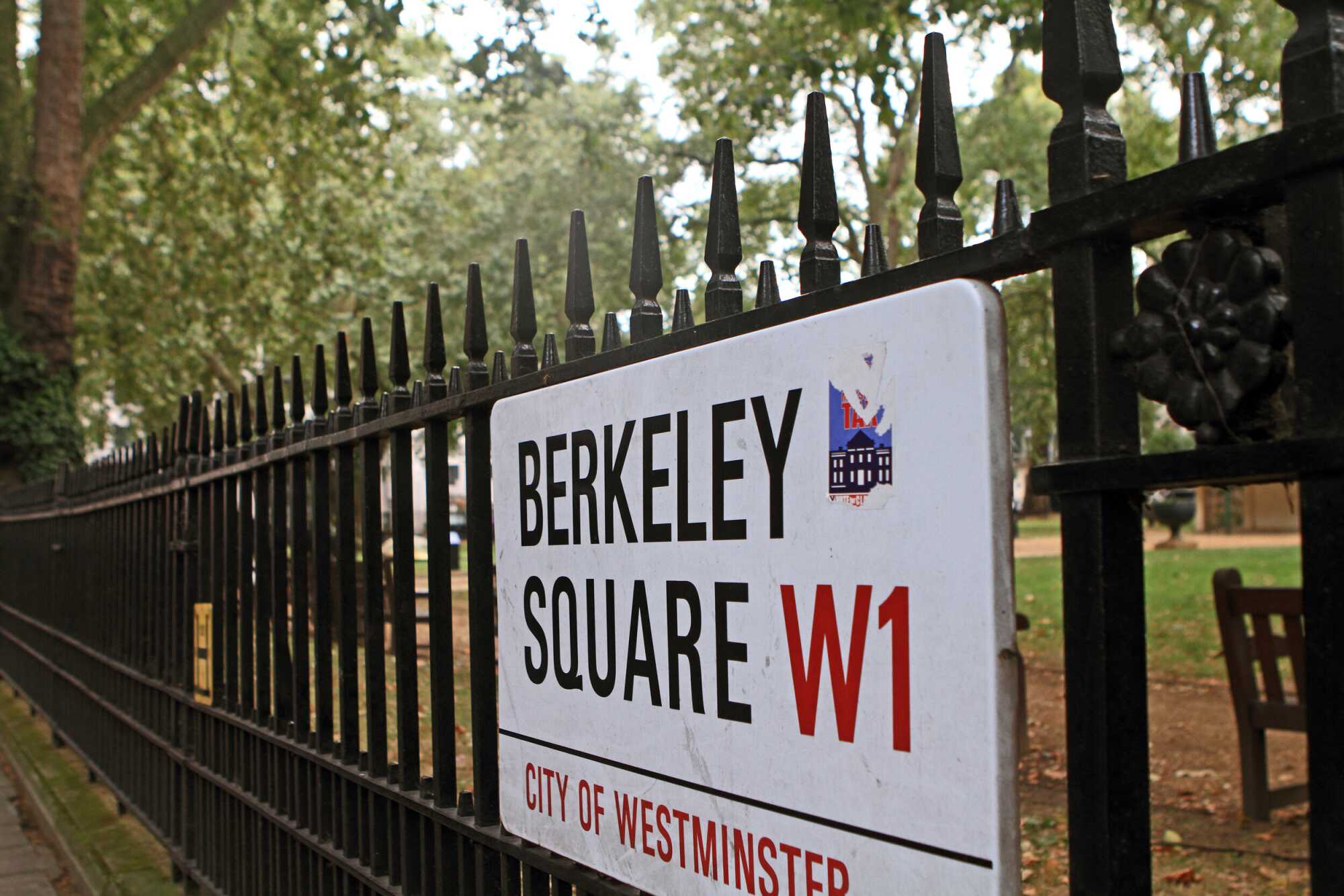Lifting restrictive covenants
19th February 2020
Get in touch today
Call 01435 897297
Email info@kdllaw.com
19th February 2020

In March 2018, we gave details of how restrictive covenants affecting developments could be lifted or modified by application to the Upper Tribunal (“UT”) (see the article here), specifically in the context of covenants prohibiting the parking of commercial vehicles.
Whilst little used, the relevant statutory code, set out in Section 84 of the Law of Property Act 1925, applies equally to leasehold estates. A leaseholder or their landlord (or any other party qualifying as having an interest in the land) could therefore apply to the UT to lift or modify a restrictive covenant set out in the lease, e.g. a covenant requiring a leaseholder not to do something. This could relate to the use of the property, alterations, assignments, sub-letting or covenants against keeping pets.
Qualification for a leasehold application
In order for a party with an interest in a leasehold estate to qualify for making an application to lift or modify a restrictive covenant in a lease under Section 84, the lease must have been granted for a term of more than 40 years, and 25 years (or more) have expired. This is to prevent a party seeking to avoid restrictive covenants which they have only (relatively) recently agreed to. Care must be taken where a lease is surrendered and re-granted, for example in the context of a lease extension. In that event, if 25 years or more have not yet passed since the lease extension, no application can be made.
The UT is to treat any application in respect of a leasehold estate in the same way as it would a freehold estate. There are no special or extra considerations to be had when exercising its discretion and deciding whether or not to lift or modify the restrictive covenant.
Grounds
There are four grounds under which an application can be made under Section 84 :-
Ground (a) - The restriction is obsolete
This is perhaps the most used ground, although few such applications succeed. The UT must be satisfied that, due to changes in the character of the property or neighbourhood, or some other material circumstances, the restriction ought to be deemed obsolete (e.g. the original purpose can no longer be served). Relevant factors may include whether some reasonable use can still be had from the covenant or if it continues to serve some useful purpose. Whilst a previous relaxation in terms of enforcement of the covenant is not fatal, it is a relevant factor to be taken into account when considering whether the restriction is now obsolete.
Ground (aa) - The restriction impedes ‘reasonable user’
This ground applies where the restrictive covenant prevents or interferes with some reasonable use of the land unless modified, on the basis that it does not secure any practical benefit or is contrary to the public interest, and money is adequate compensation for any loss or disadvantage suffered from the modification.
Ground (b) - Agreement of beneficiaries
This ground will apply if those with the benefit of the restrictive covenant agree for it to be lifted or modified.
Ground (c) - No injury to the beneficiaries
With this ground, the UT needs to be satisfied that lifting or modifying the restrictive covenant would not cause “injury” e.g. some form of loss, to the party with the benefit of the restriction.
A recent example - Berkeley Square Investments Ltd -v- Berkeley Square Holdings Ltd [2019]
A Section 84 application was successfully made recently by Berkeley Square Investments Ltd (“the tenant”), the tenant of 45 Berkeley Square, situated next door to the exclusive Mayfair private members’ club Annabels, also owned by the tenant’s landlord, Berkeley Square Holdings Ltd (“the landlord”).
The tenants sought to modify the restrictive covenant in the lease which limited the use of 45 Berkeley Square to offices with residential accommodation on the fourth floor. The tenants intended to implement planning permission to change the use to a private members’ club, with restaurants, bars and private dining. The landlord, of course, objected, and the tenant applied to the UT under Section 84.
In response, the landlord argued that, if the restrictive covenant was modified and 45 Berkeley Square were to change use as proposed, it would result in three nightclubs in a row in Berkeley Square, risking the reputation of the Square. The landlord also argued that another private members’ club immediately next door to Annabels would result in competition (and therefore a loss of income), and could lead to other tenants in the Square making similar applications.
The UT allowed the tenant’s application. Although the UT disagreed with the tenant’s case that there was no market for a Grade I listed building as office space (and therefore the restrictive covenant could not be considered obsolete), it agreed that the restriction impeded the tenant’s reasonable use of 45 Berkeley Square. This was especially so given that there were other similar clubs in the location and the Council had given planning permission and a licence for the proposed change. The UT went further to say that there was little evidence that another private members’ club would diminish the value of the landlord’s reversion or reduce its income.
For any further information about Section 84 applications, please contact Faye Didcote on 01435 897297 or Faye.Didcote@kdllaw.com.
Disclaimer
This legal update is provided free of charge for information purposes only; it does not constitute legal advice and should not be relied on as such. No responsibility for the accuracy and/or correctness of the information and commentary set out in the article, or for any consequences of relying on it, is assumed or accepted by any member of KDL Law or by KDL Law as a whole.
If you have received this update in error or wish to unsubscribe from future updates then please email us at info@kdllaw.com.
Sign up to receive FREE regular Legal Updates by email